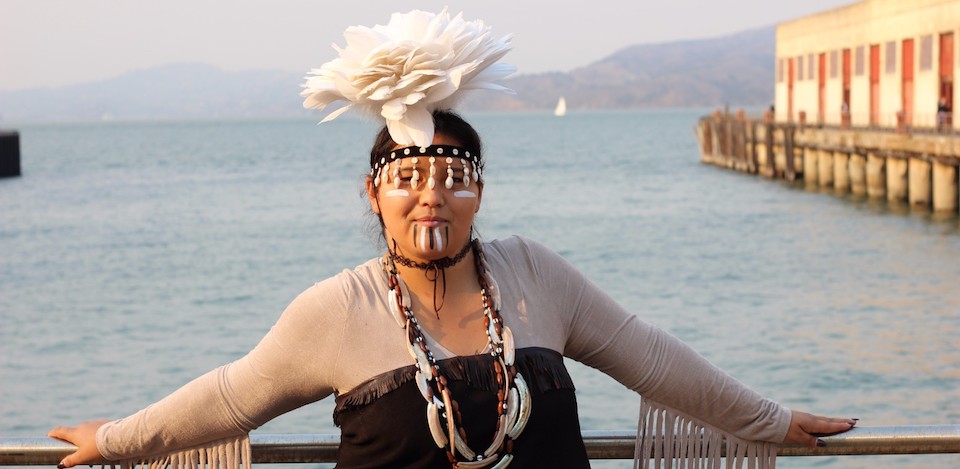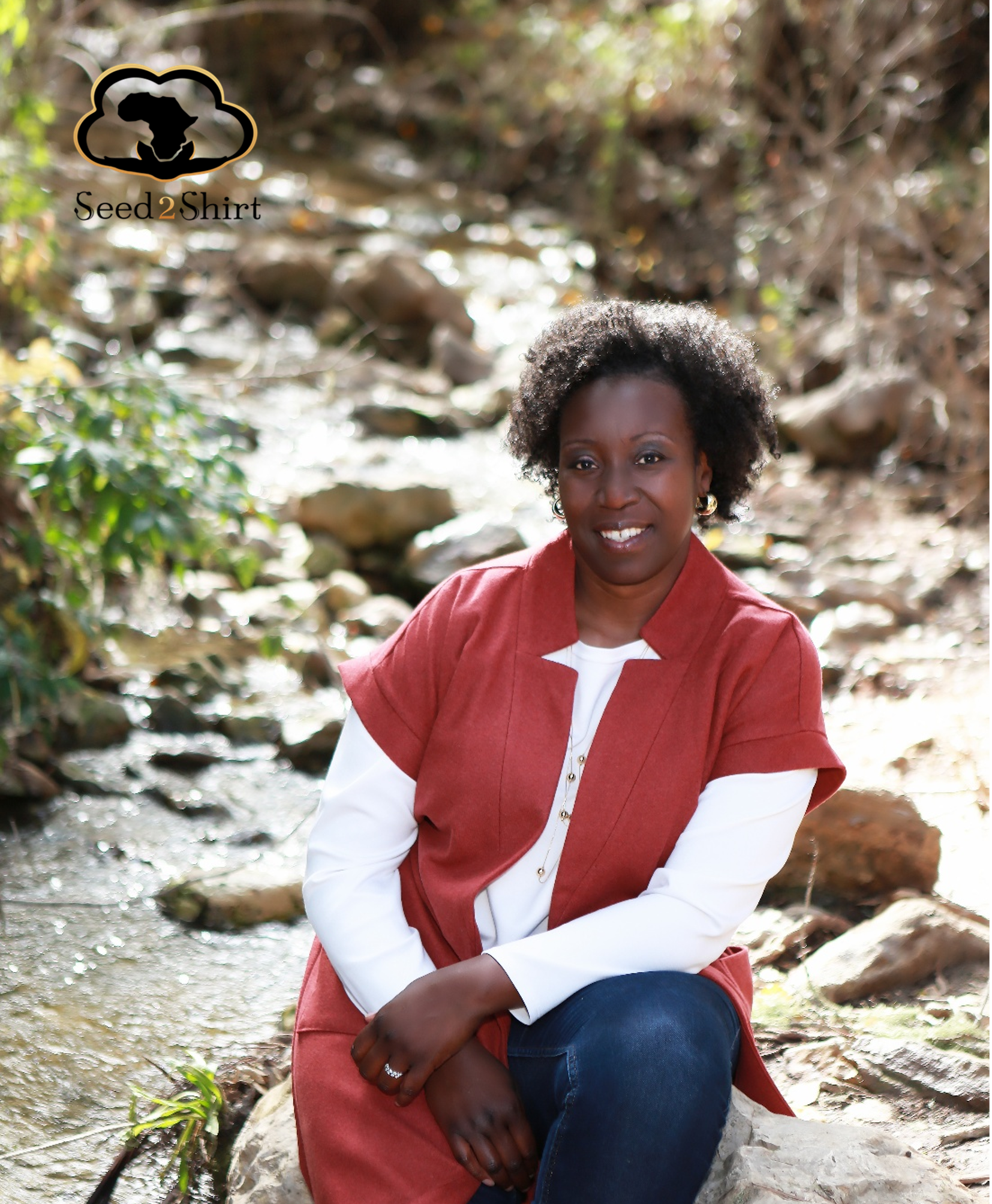Subscribe to Next Economy Now on Apple Podcasts, Spotify, Pandora, Google Podcasts, YouTube, or wherever you find podcasts.
Conventional funerary practices are environmentally problematic. Each year, 2.7 million people die in the US, and most are buried in a conventional cemetery or cremated. Cremation burns fossil fuels and emits carbon dioxide and particulates into the atmosphere, while burial consumes valuable urban land, pollutes the soil, and contributes to climate change through the resource-intensive manufacture and transport of caskets, headstones, and grave liners. Today’s guest knew there had to be a better way.
Katrina Spade is the Founder and CEO of Recompose, a Public Benefit Corporation powered by people who believe in changing the current death care paradigm and approaching this work with energy, tenacity, and joy. Katrina has been an entrepreneur and a designer since 2002, focused on human-centered ecological solutions. While earning her Masters of Architecture, Katrina invented a system to transform the dead into soil, which is now patent-pending. In 2014, she founded the 501c3 Urban Death Project to bring attention to the problem of a toxic, disempowering funeral industry and, in 2017, she founded Recompose, which specializes in human composting.
In this episode, Erin Axelrod, Partner at LIFT Economy and today’s guest host, speaks to Katrina about the urban equivalent of natural burial and how approaching death as a design challenge can help enable culturally sensitive conversations about a commonly distressing topic. We also touch on the legal challenges Katrina has run into while building her business and she shares her advice for entrepreneurs entering into the fundraising process and building a team, as well as how you can support Recompose by talking about it around the dinner table, plus so much more! We hope you’ll join us today for this fascinating conversation.
---
Key Points From This Episode:
What sparked Katrina’s curiosity in human-centered ecological solutions and death care.
The environmental impact of conventional funerary practices versus ‘natural burial’.
Enabling culturally sensitive conversations about death by viewing it as a design challenge.
Find out how Katrina developed her system of transforming the dead into compost.
Insight into the composting process, from human remains to cubic yard of soil.
Some challenges Katrina has encountered while building Recompose, including legal ones.
Her advice for fundraising: get really clear on the type of investor you’re looking for.
The joy and inspiration Katrina has found in building a team and what the future of Recompose looks like.
How you can support Recompose in 2022 by becoming an evangelist for the idea.
How COVID has reminded us of our mortality and brought these conversations to the fore.
---
Tweetables:
“You’ve got, on the one hand, the manufacture and transport of graves and headstones and the upkeep of the cemetery and, on the other hand, you have the burning of fossil gas that is used to incinerate a body and the particulates and mercury and carbon that’s emitted.” — @KatrinaSpade
“Approaching [death] from a design challenge perspective makes it a little bit more approachable.” — @KatrinaSpade
“We believe in growing [our business] because we know that people want to be composted and we need to be there for them to do that, but we also don’t believe in growth at all costs.” — @KatrinaSpade
“Much like architecture, being an entrepreneur is a lot of figuring out what you don’t know. You can never be doing all of the work, nor should you, but you do need to have a good sense of what kind of skillsets, what kind of expertise you need to find.” — @KatrinaSpade
“We’re part of this grand cycle. It can bring comfort to see that part of our small, human lifespan and what part we play in the larger cycles and where our atoms and molecules might go next. To me, that’s exciting or gives me at least a little bit of comfort.” — @KatrinaSpade
---
Links Mentioned in Today’s Episode:
Recompose — https://recompose.life/
Katrina Spade on LinkedIn — https://www.linkedin.com/in/katrina-spade-37047439/
Katrina Spade on Twitter — https://twitter.com/katrinaspade
Katrina Spade on Instagram — https://www.instagram.com/katrinaspade/
‘When I die, recompose me’ TED Talk — https://www.ted.com/talks/katrina_spade_when_i_die_recompose_me
Erin Axelrod on LinkedIn — https://www.linkedin.com/in/erinaxelrod
Caitlin Doughty: Let's Visit the Human Composting Facility! — https://youtu.be/_LJSEZ_pl3Y
---
LIFT Economy Newsletter
Join 7000+ subscribers and get our free 60 point business design checklist—plus monthly tips, advice, and resources to help you build the Next Economy: https://lifteconomy.com/newsletter
---
Next Economy MBA
This episode is brought to you by the Next Economy MBA.
What would a business education look like if it was completely redesigned for the benefit of all life? This is why the team at LIFT Economy created the Next Economy MBA (https://lifteconomy.com/mba).
The Next Economy MBA is a nine month online course for folks who want to learn key business fundamentals (e.g., vision, culture, strategy, and operations) from an equitable, inclusive, and regenerative perspective.
Join the growing network of 300+ alumni who have been exposed to new solutions, learned essential business skills, and joined a lifelong peer group that is catalyzing a global shift towards an economy that works for all life.
Learn more at https://lifteconomy.com/mba.
---
Show Notes + Other Links
For detailed show notes and interviews with past guests, please visit https://lifteconomy.com/podcast
If you enjoy the podcast, please consider leaving a short review on Apple Podcasts by visiting: https://bit.ly/nexteconomynow
Twitter: https://twitter.com/LIFTEconomy
Instagram: https://instagram.com/lifteconomy/
Facebook: https://facebook.com/LIFTEconomy/
YouTube: https://youtube.com/c/Lifteconomy
Music by Chris Zabriskie: https://chriszabriskie.com/













